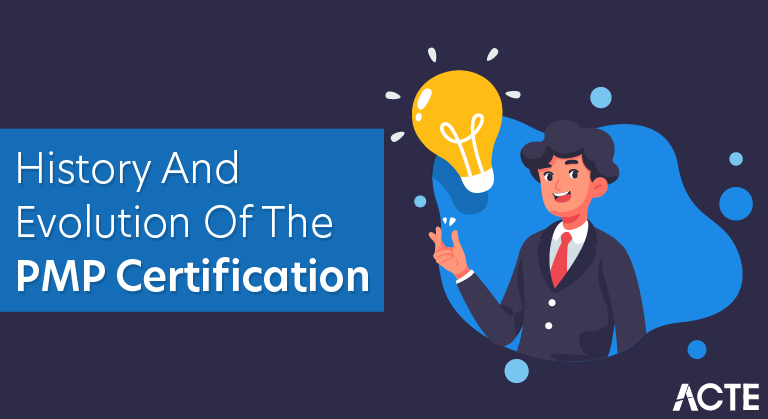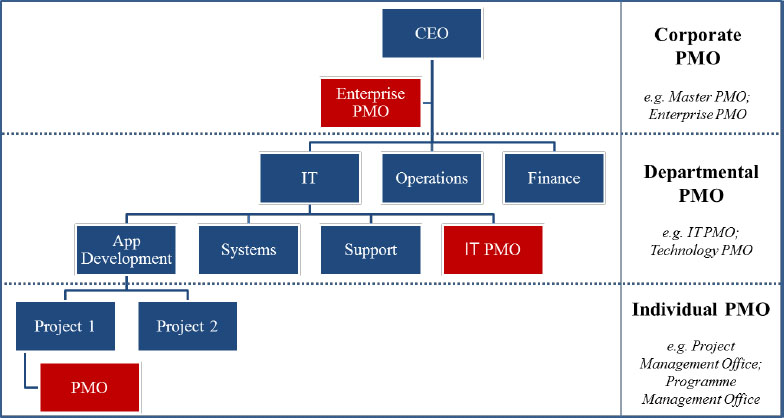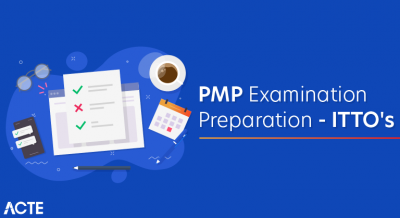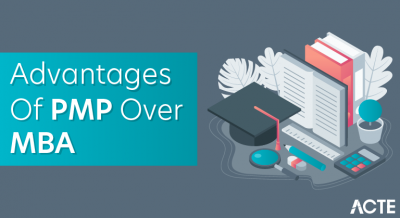
- The ESA Project has proposed a Code of Ethics for Project Management, which is included in this Special Report. A proposed set of topic areas that would constitute the framework for the unique body of project management knowledge-critical to the recognition of a project management profession—is also presented … The set of topic areas may serve as the basis for developing minimum standards for entry into the field, a task being worked on by the PMI Certification Committee, chaired by Dr. M. Dean Martin … The set of topics may also serve to guide the development of the first nationally accredited Master of Science in Project Management Degree program … All in all, the work of the ESA Project presented in this Special Report is likely to be a key development in the movement of the project management field to a project management profession.
- Those last words, indeed, have proven to be prophetic. Articles elsewhere in this issue present the facts about the growth in acceptance and importance of the Project Management Professional Certification Program. An important concept was enunciated in that report which often gets lost in rhetoric. It was recognized that the body of knowledge of project management would be continually evolving as the theory and practice of the area are defined and refined.
- There was much to be done between concept and reality. Baseline concepts of the content and character of PM were identified. Six areas of knowledge were identified: Human Resources Management, Cost Management, Time Management, Communication Management, Scope Management, and Quality Management. Twenty-six persons are listed as contributors to the ESA Report. Seven specific motions were presented to the PMI Board of Directors for adoption. Thus, the wheels were set in motion.
THE PMBOK
- The August 1986 Special Issue of the Project Management Journal presents a detailed report on the development of the first Project Management Body of Knowledge, or PMBOK, under the direction of R. Max Wideman. There were in excess of 50 individuals identified as contributors to this effort and many more participated in the manifold discussions that were an integral part of the process. In his “Message from the President,” Brian Fletcher stated:
- Not surprisingly, all sections of the report are not equally well advanced. Nonetheless, the work published in this report represents a significant step forward in this ongoing process of developing our Body of Knowledge. Further work by the committees, together with an influx of new task force members, would no doubt serve to add to and modify the work already done. The Board of Directors, however, believes that it is sufficiently advanced and that an appropriate point has been reached in its progress for the membership-at-large to examine and to comment on each section.
- Discussions were held at PMI ‘86 and written suggestions were received until December 1, 1986. The revised draft was approved by the PMI Board of Directors at its meeting on March 28, 1987, to be effective September 1, 1987. It was this product that has been the basis for the development of the Project Management Professional Certification Program to date. Contract/Procurement had been added at the time of the August 1986 report and Risk Management was added prior to approval by the PMI Board.
CERTIFICATION
- The first report of the Certification Committee, chaired by M. Dean Martin, appeared in the December 1983 PMQ. It noted that 86 percent of PMI members surveyed “favored some type of certification program.” A promised detail report was published in the March 1984 PMJ, “The Project Management Professional (PMP) Program: Certifying Project Managers.” It detailed the process for becoming certified and identified the three areas in which points could be earned towards certification: education, experience, and service. The first certification examination was held October 6, 1984, at PMI ‘86 in Philadelphia. Fifty-six individuals took the exam and 43 passed to become the first Project Management Professionals (PMPs). Note that more than ten times that number sat for one administration of the exam in 1994, less than ten years after the first exam.
- PMI developed a certification program to acknowledge skills and experience in project management. The Project Management Professional (PMP) was launched in 1984 and has since become an industry standard. In 2007, PMP was accredited by the International Organization for Standardization (ISO), and as of July 2018 over 876,000 people hold this certification.
- PMI certification requires that a person meet domain experience levels, educational levels or both to apply. To qualify a candidate must have three years of project management experience, 4,500 hours leading and directing projects and 35 hours of project management education with a four-year degree.
- If the candidate has a secondary degree, as in a high school diploma, associate degree or equivalent, then they need to have five years of project management experience, 7,500 hours of leading and directing projects and 35 hours of project management education.
- To earn PMP certification, there is a 200-question, multiple-choice test that requires reviewing the PMP handbook. Candidates can look at exam content online and get familiar with sample questions. There are also formal study courses offered by PMI chapters or accredited Registered Education Providers (REPs). Self-study books published by REPs and other reputable training organizations are also available. Additionally, it’s crucial to know A Guide to the Project Management Body of Knowledge (PMBOK Guide).
Other Types of Certification Besides PMP
- PMP is but one of many certifications that are offered by PMI. There is a Certified Associate in Project Management (CAPM), which is an entry-level certification that requires less project experience than PMP to qualify.
- There are also credentials available in Program Management Professional (PgMP), Portfolio Management Professional (PfMP), PMI Agile Certified Practitioner (PMI-ACP), PMI Risk Management Professional (PMI-RMP), PMI Scheduling Professional (PMI-SP) and PMI Professional in Business Analysis (PMI-PBA).

REFINING THE PRODUCTS
PMP Sample Resumes! Download & Edit, Get Noticed by Top Employers!
Download
- Since that time, others have become involved in both the standards process and the certification program. Alan Stretton served as Director of Standards and contributed deep insight to the analysis of the original PMBOK document, identifying inconsistencies and potential improvements. Alan passed the responsibility on to William R. Duncan, who has toiled intently for the last couple of years to incorporate the changes suggested by an even larger group of participants. Besides resolving inconsistencies of the original document, this new revision, which members received with their September PMJ and PMNETwork, provides the WBS identification of the knowledge areas, but they are enhanced with the flow process concept of the relationships between elements of the PMBOK.





